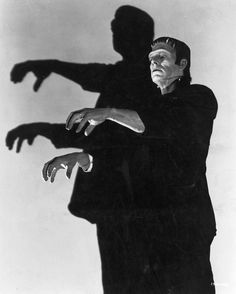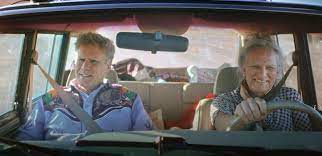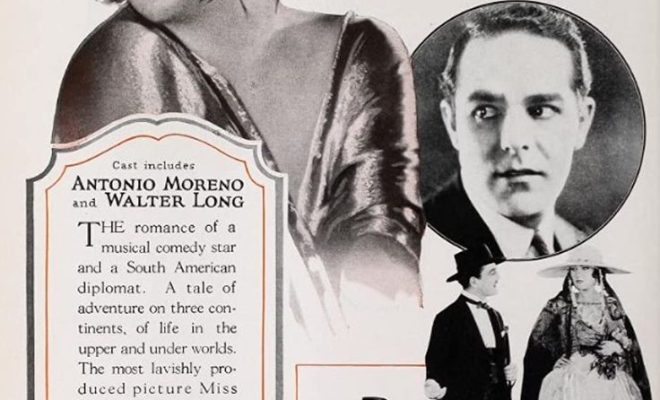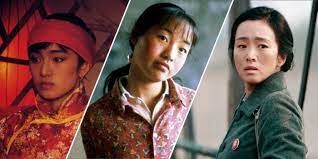There are over 60 ‘Frankenstein’ film adaptations — these 8 are the best

Over 60 adaptations of Mary Shelley’s trailblazing novel, “Frankenstein; or, The Modern Prometheus,” have been created since the inception of film, reflecting its unyielding grip on the popular imagination. From horrifying to satirical, these iterations have varied widely in interpretation and style. Among them, there stand out eight adaptations that can be considered some of the best cinematic homages to Shelley’s Gothic masterpiece:
1.”Frankenstein” (1931) – Directed by James Whale, this iconic Universal Pictures production stars Boris Karloff as the Monster in what is often regarded as the definitive portrayal. The film set the precedent for future interpretations and established many motifs still associated with Frankenstein in popular culture.
2.”Bride of Frankenstein” (1935) – A sequel that many argue surpasses the original, James Whale returned to direct this classic. It thrives on a blend of horror and camp, introducing the Monster’s bride, played by Elsa Lanchester, in an unforgettable dual role.
3.”Young Frankenstein” (1974) – Directed by Mel Brooks and starring Gene Wilder, this film is a loving parody of the earlier classic films. Shot in black and white and mimicking the style of the ’30s horror films, it balances comedy with homage.
4.”The Curse of Frankenstein” (1957) – A Hammer Film production directed by Terence Fisher, this adaptation veers from the source material but distinguishes itself with rich technicolor cinematography and Peter Cushing’s performance as Baron Victor Frankenstein.
5.”Mary Shelley’s Frankenstein” (1994) – Directed by Kenneth Branagh, who also stars as Victor Frankenstein alongside Robert De Niro’s Creature. This version puts more emphasis on the tragic elements of Shelley’s story with a focus on maintaining literary faithfulness.
6.”Frankenweenie” (2012) – Tim Burton’s animated feature reimagines the tale in a suburban setting with a young boy resurrecting his pet dog; it’s a quirky take that hones in on themes of loss and reconciliation while maintaining Burton’s gothic whimsy.
7.”The Revenge of Frankenstein” (1958) – Another Hammer Film standout with Terence Fisher at the helm again continuing where “The Curse of Frankenstein” left off. Peter Cushing reprises his role in a narrative that offers an unusual depth to Victor Frankenstein’s character.
8.”Frankenstein Unbound” (1990) – Directed by Roger Corman and based on Brian Aldiss’ novel, this film mixes time-travel with traditional elements from Shelley’s narrative to create an innovative science fiction adaptation that challenges conventional storytelling within the genre.
These adaptations are distinct reflections through different cinematic lenses—whether it be through horror, humour or heartfelt emotion—all testifying to “Frankenstein”‘s enduring legacy as a canvas for creativity and commentary on humanity’s relationship with creation and technology.






